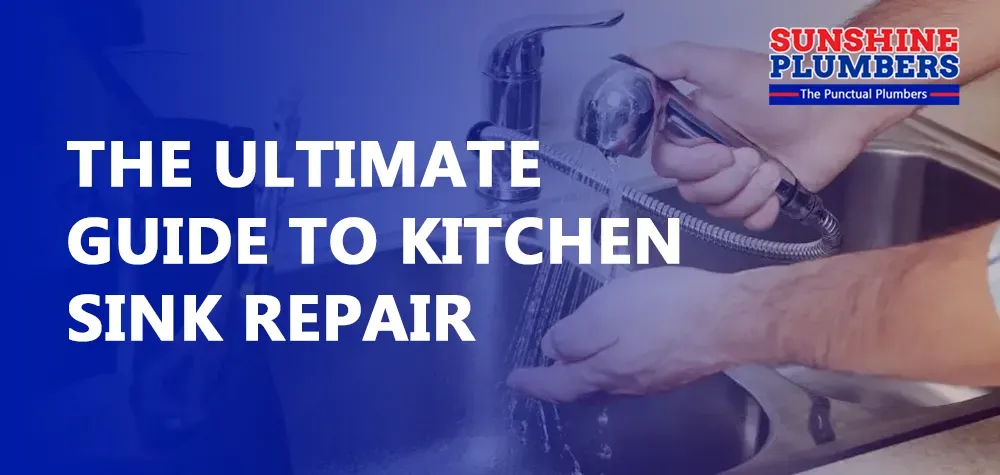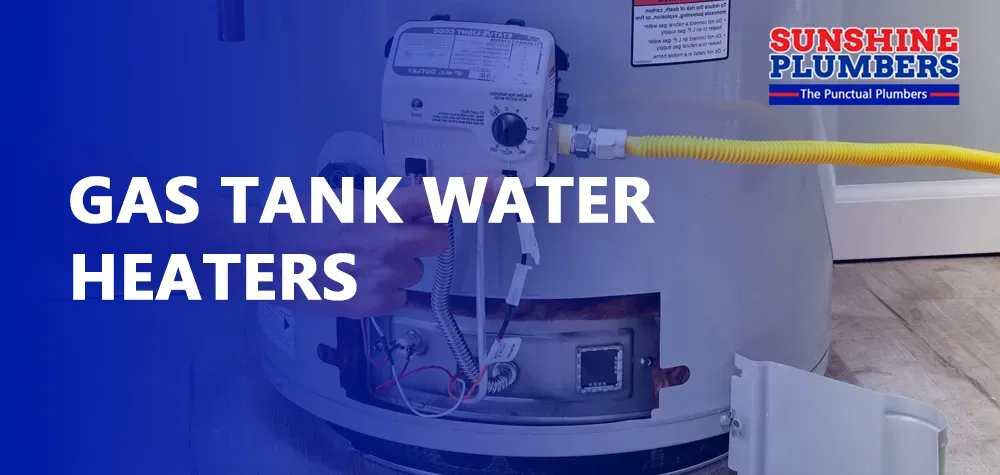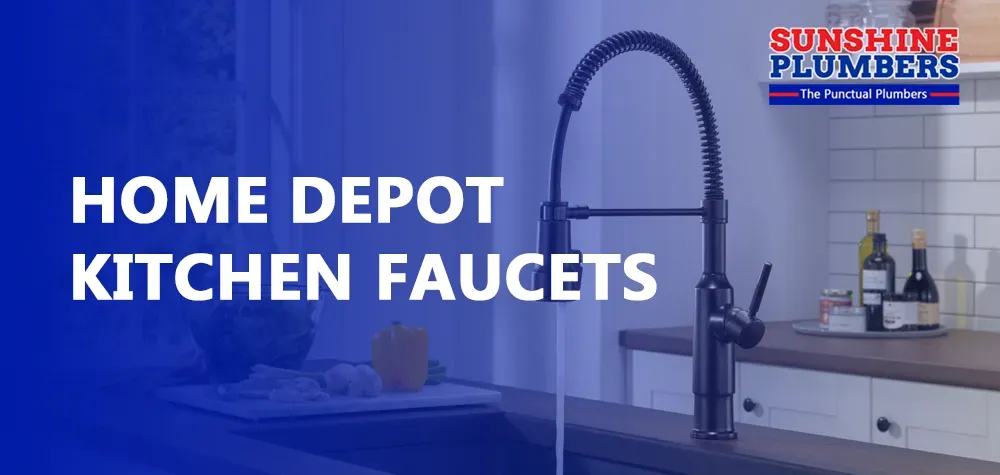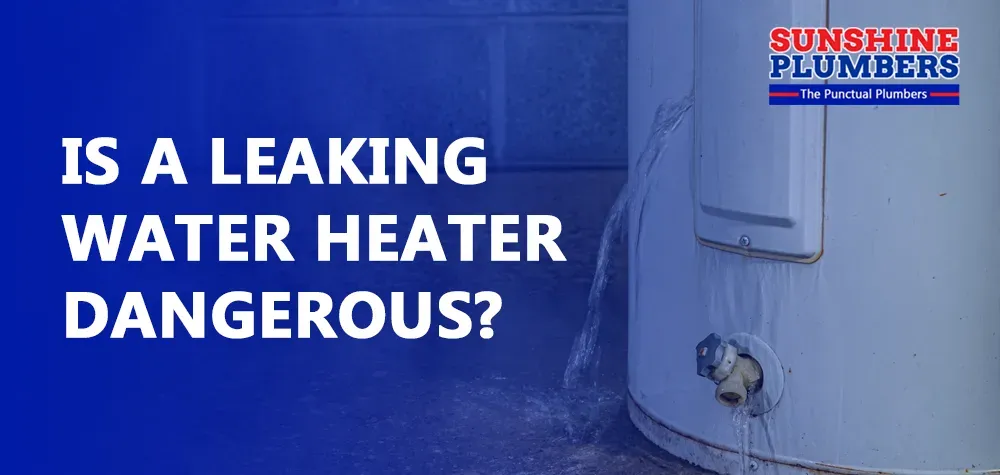Is a Leaking Water Heater Dangerous?
When it comes to home maintenance, few issues are as alarming as a leaking water heater. Many homeowners are left wondering, "Is a leaking water heater dangerous?" At Sunshine Plumbers, we aim to provide expert insights into the potential hazards and necessary actions you should take if you find yourself in this situation. Understanding the risks associated with a leaking water heater can help you protect your home and family from potential harm.
Understanding the Risks of a Leaking Water Heater
A leaking water heater can pose several dangers that range from minor inconveniences to serious health and safety hazards. Here’s what you need to know:
- Water Damage: One of the most immediate dangers of a leaking water heater is water damage. Even a small, continuous leak can lead to significant water damage to your floors, walls, and belongings. Over time, this can result in costly repairs and potential structural damage to your home.
- Mold and Mildew Growth: Persistent moisture from a leaking water heater creates an ideal environment for mold and mildew to thrive. Mold growth not only damages surfaces but can also pose serious health risks, particularly for individuals with respiratory issues or allergies.
- Electrical Hazards: Water and electricity are a dangerous combination. If your leaking water heater is near electrical wiring or outlets, there is a significant risk of electrical shock or fire. This makes addressing a leak promptly even more critical.
- Increased Utility Bills: A leaking water heater can cause your water and energy bills to skyrocket. The constant loss of hot water means your heater has to work harder and longer to maintain the desired temperature, leading to increased energy consumption and higher utility costs.
- Potential for Explosion: While rare, a leaking water heater can potentially explode if the pressure inside the tank becomes too high. This is particularly true if the temperature and pressure relief valve (T&P valve) is malfunctioning. An explosion can cause severe damage to your home and pose a serious threat to anyone nearby.
What to Do If Your Water Heater is Leaking
If you discover your water heater is leaking, it’s essential to take immediate action to mitigate the risks. Here are the steps you should follow:
- Turn Off the Power Supply: For electric water heaters, turn off the power at the circuit breaker. For gas water heaters, set the gas valve to the "off" position. This prevents any risk of electrical shock or gas leakage.
- Shut Off the Water Supply: Locate the cold water shut-off valve on your water heater and turn it clockwise to stop the flow of water into the tank. This will help prevent further water damage.
- Drain the Tank: If the leak is significant, you may need to drain the tank to reduce pressure and minimize water damage. Attach a garden hose to the drain valve at the bottom of the tank and direct the water to a safe drainage location.
- Inspect the Source of the Leak: Carefully examine your water heater to determine the source of the leak. Common areas to check include the tank, valves, and connections. However, avoid tampering with any parts if you’re unsure or uncomfortable.
- Call a Professional Plumber: Contact Sunshine Plumbers immediately to inspect and repair your leaking water heater. Our experienced technicians can quickly diagnose the issue and provide effective solutions to ensure your water heater operates safely and efficiently.
Preventing Future Water Heater Leaks
To reduce the risk of future leaks, regular maintenance is crucial. Here are some preventive measures you can take:
- Annual Inspections: Schedule annual inspections with Sunshine Plumbers to check for any signs of wear or potential issues. Regular inspections can help identify problems early before they lead to significant leaks or other hazards.
- Flushing the Tank: Regularly flush your water heater tank to remove sediment buildup. Sediment can cause corrosion and reduce the efficiency of your water heater, leading to leaks over time.
- Check the Anode Rod: The anode rod helps prevent rust and corrosion inside your water heater tank. Inspect and replace it as needed to prolong the life of your water heater and reduce the risk of leaks.
- Monitor Water Pressure: High water pressure can strain your water heater and plumbing system, leading to leaks. Install a pressure-reducing valve if necessary to keep water pressure at a safe level.
So, is a leaking water heater dangerous? Absolutely. From water damage and mold growth to electrical hazards and the potential for explosion, the risks are significant. At Sunshine Plumbers, we are committed to ensuring the safety and efficiency of your home's plumbing system. If you suspect your water heater is leaking, don’t hesitate to contact us for professional assistance. Regular maintenance and prompt repairs can help prevent leaks and keep your home safe.
Contact
(844) 822-7445
Links
Disclaimer
Sunshine Plumbers.com operates as a plumbing referral company, connecting users with independent plumbers in their local areas. Please take note of the following essential information: Disclaimer
All Rights Reserved | Sunshine Plumbers




